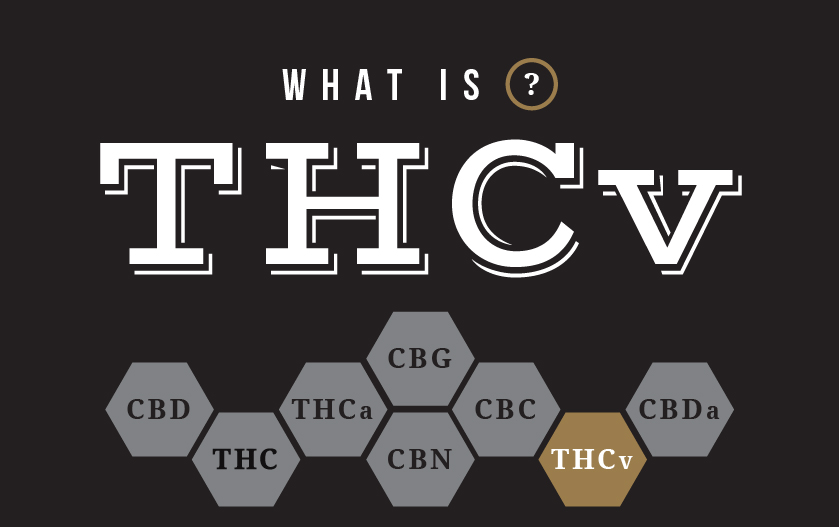Tetrahydrocannabivarin (THCV) is a cannabinoid substance found in marijuana and hemp plants. It's chemically similar to tetrahydrocannabinol (THC) however with some essential distinctions. Here's everything you require to understand about THCV consisting of the dangers, advantages, distinctions, and resemblances with other types of THC and more. What Is THCV? THCV is a less common cannabinoid found in some stress of marijuana, specifically African sativa.
 Tetrahydrocannabivarin: What is THCV & It's Effects - Dr. Green Relief
Tetrahydrocannabivarin: What is THCV & It's Effects - Dr. Green Relief
 THCV Strains: 11 Interesting Health Benefits You Should Know
THCV Strains: 11 Interesting Health Benefits You Should Know
 THCV Strains: 11 Interesting Health Benefits You Should Know
THCV Strains: 11 Interesting Health Benefits You Should Know
THCV has a 3-carbon side chain rather than THC's 5-carbon side chain. This distinction is subtle, but it has a noticeable effect on the impact profile. THCV is rather psychedelic but only about and about. What Does THCV Feel Like? THCV has a strong energy-boosting component to it, which makes it particularly popular amongst trainees and athletes.
In the United States, THCV regulation is nuanced. THCV is not a Schedule I Drug, however marijuana extracts are making it somewhat unclear what the federal position is on THCV. The 2018 Farm Expense specifies that hemp plants and all derivatives of the plants are legal on a federal level, numerous companies follow this law and still offer THCV to customers by just extracting the substance from hemp plants.
If THCV is thought about a THC analog, it could be controlled in the future by the very same guidelines as THC under the Federal Analog Act. This act states that any compound that shares a similar molecular profile as a recognized forbidden compound it's included in the exact same drug Schedule classification.
What Are the Impacts of THCV? Supporters of THCV report that it produces an extreme burst of energy and makes them feel blissful without the mental cloudiness triggered by THC. The impacts are incredibly mild compared to THC. The effects are practically specifically cognitive yet in some way have really little impact on headspace.
2. THCV & Cravings Some THCV users declare that it curbs their cravings. This is a common result of other focus-enhancing compounds. It's as though THCV gets rid of the distraction of other bodily procedures (like appetite) in order to maintain resources and attention to cognitive tasks rather. How Does THCV Work? Cannabinoids produce biological effects in the human body by interacting with endocannabinoid receptors.
CB1 receptors are located in the nerve system and engage with neurotransmitters in the brain to produce mind-altering results. Interaction with CB1 websites is what gives some cannabinoids like THC their psychoactivity. THCV is a bit challenging to comprehend due to the fact that it's mainly a CB1 villain, indicating it has the opposite impact as THC.
While scientists are still looking for to understand this procedure, it appears THCV has the ability to block the effects of CB1 in low doses and promote them in high dosages. CB2 receptors are discovered mostly in the body immune system. THCV is a partial agonist of CB2, but the impacts of this partial activity aren't well-known, and it apparently has no discernible effect on THCV users' experience.
As mentioned in the previous section, THCV is a CB1 villain in low doses which is the specific opposite impact of delta 8 and delta 9 THC. This might suggest that THCV combats a few of the psychoactive effects of THC. This impact might discuss why individuals who use THCV feel so clear-headed specifically compared to the notorious "fogginess" caused by delta 9 THC.